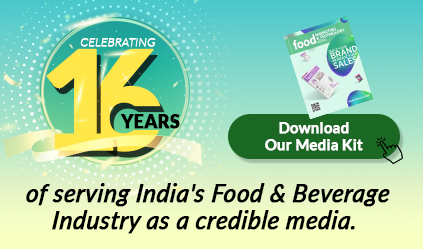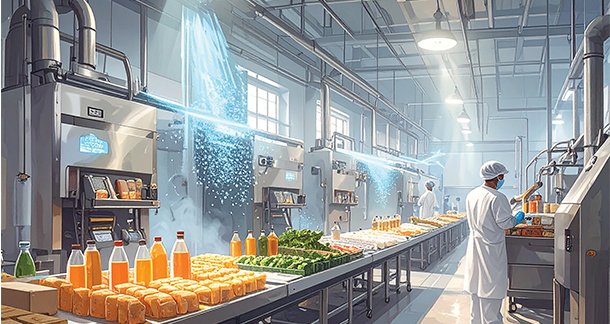In this era where consumers are noticeably more aware of food safety and hygiene, ensuring that food production environments are provided with clean air is no longer optional, but essential. Air, while often invisible, plays a major part in the possible contamination of food products. Air pollution in the form of dust, allergens, and microbes poses persistent risks, from processing areas through to packaging sections. This is the moment where advanced air filtration systems step in, discreetly protecting the food we consume long before it comes to our plates.
Filtering the Invisible Elements
In food and beverage processing, every element that comes in contact with the product must comply with the highest hygiene standards, including the air. The new filtering systems are mainly dust collector filter bags and panel filters, which are among the cleverest in technology to catch dust particles efficiently during prime operations like seed cleaning, grinding, and packaging. These filters minimize airborne contamination, promoting a safer, more controlled production environment.
Designed for Hygiene-Critical Zones
Facilities dealing with high-sensitivity food products require far more than standard filtration. In such areas, the use of high-performance filter bags and cartridge filters is a must-have. Filters of this kind are made with special materials to capture even the smallest airborne particles. As a result, these filters ensure that no invisible substances can enter the food chain, thus helping the company observe the exacting hygiene standards required by the sector.
Purifying What We Consume
Filtration is not only about air, it is also about clarity in the liquids that we consume daily. In fruit juice clarification, edible oil purification, and other beverage processing stages, filter press cloths play a vital role. These fabrics help remove unwanted sediments and particles, ensuring that every bottle poured is as pure as designed. The application of such filters transforms the production process from merely efficient to uncompromisingly clean and healthy to consume.
Standards That Speak Across Industries
Interestingly, many of the most effective filtration technologies used in food plants today draw from innovations in heavy industries like steel and cement. What makes them different, afterward, is that they are founded on food-grade hygiene standards. Food-grade filter products comply with cross-industry standards which include ISO, DIN, and EN endorsements, ensuring they meet both the requirements of operational efficiency and cleanliness.
Protection at the Source and Safety Beyond the Product
What makes modern filtration so critical is its preventive nature. Rather than treating contamination after the fact, today’s air filters work at the source, capturing pollutants before they even have a chance to settle on surfaces or ingredients. This proactive defense minimizes the overall risk of cross-contamination and ensures that both product quality and consumer trust remain intact. Clean air is not just about the end product; it’s also about the people. In clean room environments within food factories, filters maintain sterile air that protects both the food and the workers who handle it. This dual role of product and personnel safety makes filtration systems one of the unsung heroes of the food industry.
As the food industry continues to evolve with consumer expectations and regulatory standards, the role of air filtration systems becomes an increasingly crucial and important aspect. From maintaining air purity to supporting uninterrupted production, these systems operate silently in the background, while their impact is loud and clear in the process. Clean air isn’t just a health requirement; it’s the foundation of safe food and a safe environment.
By Mrigank Bothra, Director, ClipOn.io



